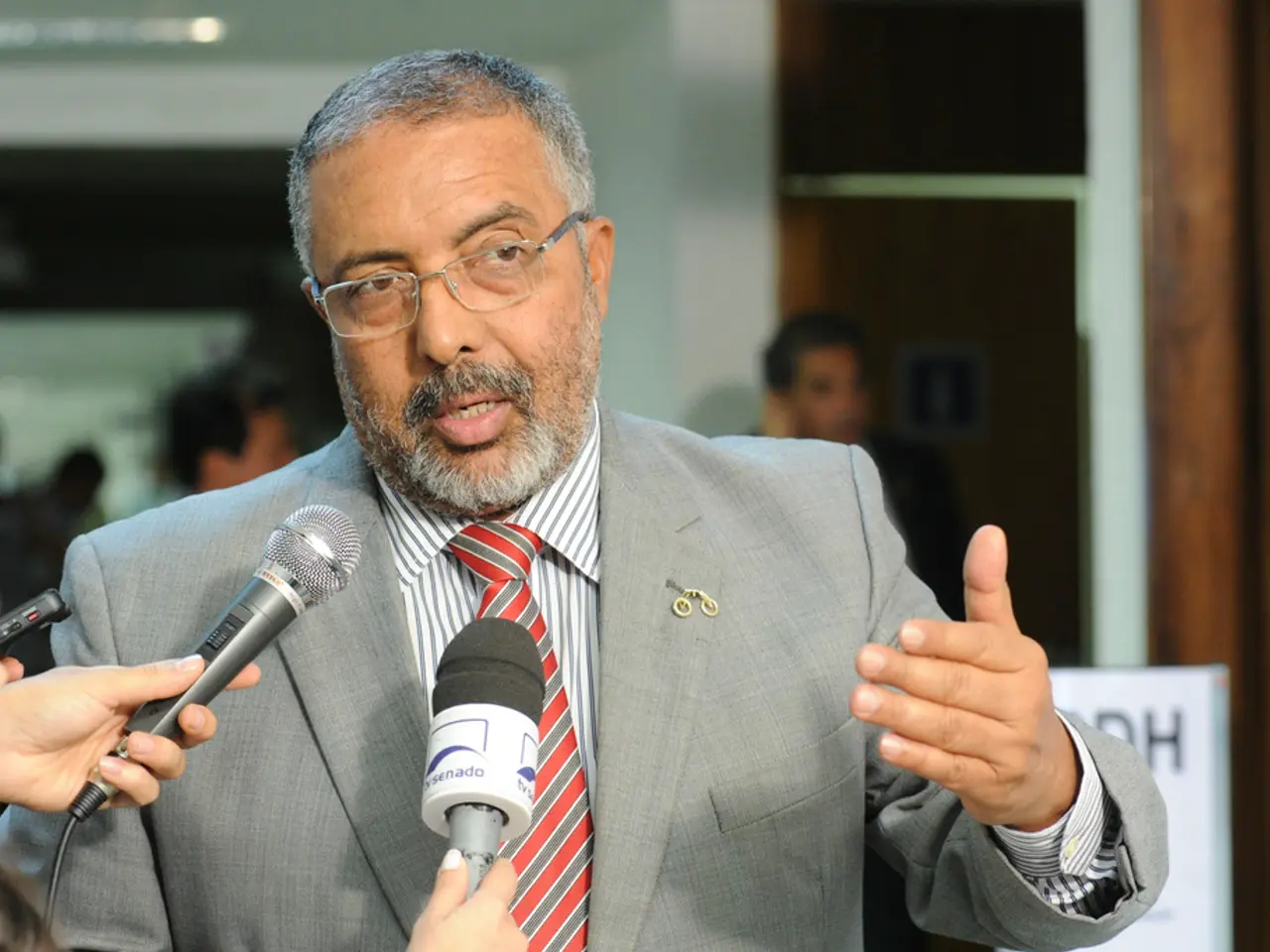Germany's Climate Movement: Current Status and Events
Germany's youth-led climate movement, particularly Fridays For Future (FFF), is evolving its strategies to address the challenges posed by rising far-right populism and a shifting political discourse. The movement is focusing on building broad alliances, adapting protest methods, and protecting free spaces for activism.
FFF's key strategies include emphasizing inclusivity, coalition-building within civil society, cooperation with other social movements and progressive groups, creating youth-cultural counter-hegemonies, and innovating collective organizing methods. These approaches aim to maintain moral authority while expanding social bases in the increasingly polarized environment.
While FFF continues to organise large-scale, school-based strikes and mass protests to raise awareness about climate issues, traditional protest forms are under pressure to innovate. The movement is conscious of the threat posed by far-right groups to free spaces for youth cultural and social activism.
Climate activists are shifting their focus to issues of democracy, redistribution, and social justice to appeal to a wider audience and address the root causes of the climate crisis. Many who were once active in the FFF strikes are now working for civil society groups or established NGOs to keep pushing climate and environmental policies.
The German climate movement's multifaceted approach seeks to regain lost momentum while challenging rising right-wing populism in Germany's volatile political landscape. As the country's commitment to reduce emissions by 55% by 2030 is not on track, FFF will stage climate strikes in more than 100 German cities, pushing to get climate back on the agenda ahead of the upcoming election.
The Greens, who had their best electoral showing ever in 2021 and joined the three-party coalition government, have promised to make climate a priority. However, the CDU, the likely next German chancellor's party, has indicated it will roll back climate legislation and center carbon pricing as its main tool to fight warming.
The far-right party, Alternative für Deutschland (AfD), poses a threat to the climate agenda if it governs, as it has weaponised climate policies against a political establishment it frames as out-of-touch. Climate activists are seeking new partners, like labour unions, to build momentum for climate action in a transformed political landscape. The campaign #WirFahrenZusammen (We Are Driving Together) aims to broaden the coalition for climate action and remake Germany's climate movement for the current political moment.
Many climate activists in Germany are seeking to forge broader, more durable coalitions to address the concerns of the public and increase support for climate action. Katharina Kewitz, a 26-year-old climate activist from Lübeck, is building alliances between climate activists and public transport unions. Activists like Kewitz believe that young people, who feel something that belongs to them - an inhabitable planet - is being taken away, may be one of the most important audiences in the fight against climate change.
According to Marschall, the job of climate activists is not to ride the wave of public discourse, but to build public discourse and push for climate to rise higher on the agenda. The campaign #WirFahrenZusammen (We Are Driving Together) embodies this spirit, aiming to create a broad, durable coalition for climate action in Germany.
- Regardless of the political shifts in Germany, the climate movement, such as Fridays For Future (FFF), continues to prioritize collaboration with various social movements, civil society groups, and labor unions, like public transport unions, to forge broader, more durable coalitions that may strengthen public support for climate action.
- Amid the rising influence of far-right populism and a changing political landscape in Germany, climate activists are broadening their focus to include issues of democracy, redistribution, and social justice, acknowledging the importance of appealing to a wider audience while attacking the root causes of the climate crisis.







